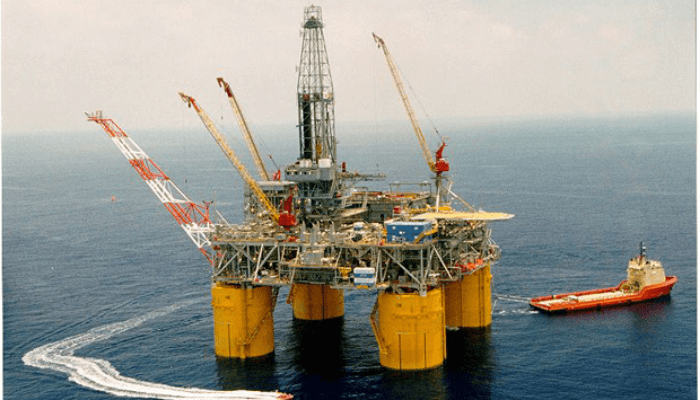According to the National Bureau of Statistics, Nigeria’s petrol imports decreased after President Bola Tinubu eliminated the petrol subsidy in May 2023.
The report also stated that the total amount of petroleum imported fell by 13.77% year over year to 20.30 billion litres in 2023 from 23.54 billion litres in 2022.
The most recent figures on the agency’s distribution of petroleum products, which were made public on Tuesday, revealed this. The data showed that, in comparison to the first half of the year, petrol imports decreased by 3.58 billion litres in the second half of 2023.
According to the report, in the second half of 2023 (H2), the nation imported 8.36 billion litres of Premium Motor Spirit (petrol), a notable drop from the 11.94 billion litres imported in the first half of 2023 (29.99%).
It said, “In 2023, PMS truck out stood at 20.22 billion litres, indicating a 16.96 per cent decrease relative to 24.35 billion litres recorded in 2022.
“In terms of imported products, 20.30 billion litres of Premium Motor Spirit were imported in 2023 relative to 23.54 billion litres in 2022, showing a decrease of 13.77 per cent. This downward trend is even more notable when compared to H2 2022.
“In the latter half of 2022, petrol imports stood at 11.98 billion litres, resulting in a 30.22 per cent drop compared to H2 2023, equivalent to a reduction of 3.62 billion litres.”
The petrol imports for each month in 2023 were broken down as follows: 2.09 billion in January, 1.99 billion in February, 2.29 billion in March, 1.91 billion in April, and 2.01 billion in May.
June saw 1.64 billion, July 1.45 billion, August 1.09 billion, September 1.21 billion, October 1.16 billion, November 1.55 billion, and December 1.88 billion.
These numbers demonstrate how the amount of petrol brought into the nation has changed as a result of the elimination of subsidies.
In a similar vein, the agency reported that the amount of diesel, also known as automotive petrol oil, imported into Nigeria increased from four billion litres in 2022 to 4.94 billion litres in 2023.
Additionally, according to the data, local production of AGO increased to 109.39 million litres in 2023 from 102.47 million litres in 2022, a 6.76% increase.
“About 69.71 million litres of Household Kerosene were locally produced in 2023 compared to 44.68 million litres in 2022, indicating a growth rate of 56.02 per cent over the period.
“For Automotive Gas Oil, 109.39 million litres were locally produced in 2023, when compared to 102.47 million litres reported in 2022. This represents a 6.76 per cent growth rate.
“Also, 4.94 billion litres of Automotive Gas Oil were imported in 2023, indicating an increase of 23.66 per cent compared to four billion litres in the previous year,” It added.
Meanwhile, there are concerns that the NNPCL may still be paying for fuel imports after applying for financial aid from the federal government to cover the cost of petroleum imports even after the subsidies were eliminated, raising questions about whether the subsidy has been eliminated.

